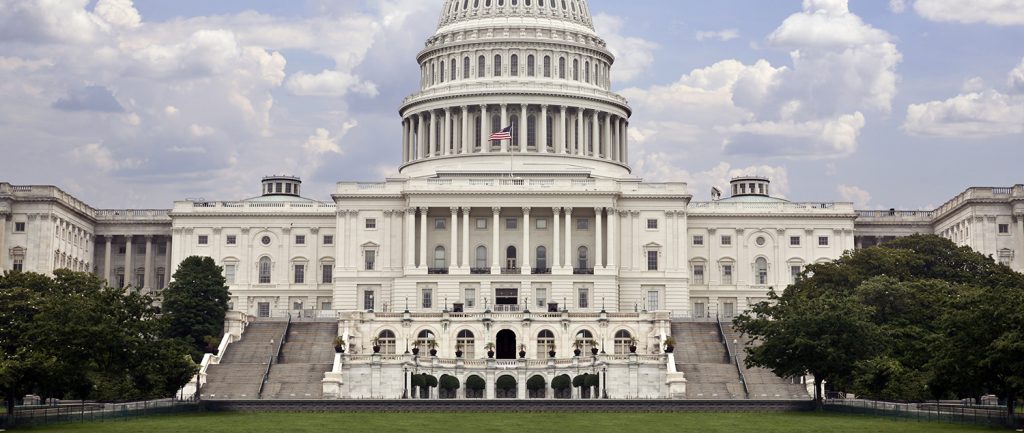After nearly a year of advocating on the Hill and online for a new North American free trade deal, the American Soybean Association (ASA) and Minnesota Soybean Growers Association (MSGA) celebrate the historic July 1 implementation of the United States-Mexico-Canada Agreement (USMCA).
Mexico is the No. 2 market for whole beans, meal and oil, and Canada is the No. 4 buyer of meal and No. 7 buyer of oil for U.S. soybean farmers, making the trade agreement essential to sustaining the growth realized in those two countries under the North American Free Trade Agreement (NAFTA). Under NAFTA, U.S. soybean sales to Mexico quadrupled and to Canada doubled, equating to $2 billion annually and nearly 30 percent of all U.S. ag exports.
ASA expresses its strong appreciation to the Trump administration and Congress for coming together on this bipartisan effort to ratify the agreement, which was signed into law by President Trump in January 2020. MSGA met with legislators throughout 2019 to urge elected officials to support USMCA.

“USMCA is a win for U.S. soybean farmers and the American economy, as it restores certainty and stability to two important export markets for our farmers and lays a foundation for future growth,” said ASA President Bill Gordon, a soybean grower from Worthington. “In addition to securing the Mexican market as the second largest importer of U.S. soybeans, the terms agreed to by Canada will increase U.S. poultry and dairy exports, which is another positive for the ag industry.”
Gordon, who attended the USMCA signing in January at the White House, expressed gratitude to lawmakers and the administration for seeing the trade deal through, as well as the soy growers who pushed tirelessly every step of the way.
“On behalf of ASA, I thank the administration and Congress for making USMCA a priority, and the soy growers who took time from their fields to advocate, whether in-person or online, to make this agreement a reality,” Gordon said.
USMCA replaces NAFTA, maintaining zero tariffs on U.S. soybeans, improving transparency, support for biotechnology and innovation, and creates a rapid response mechanism to respond to trade challenges.





